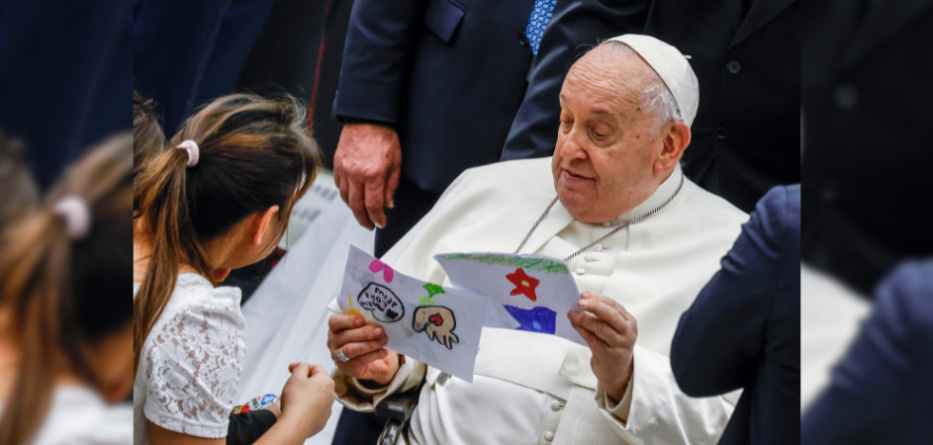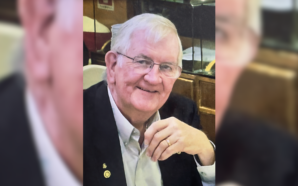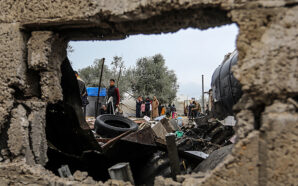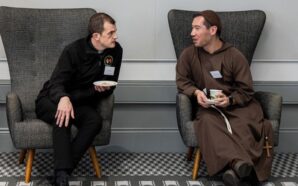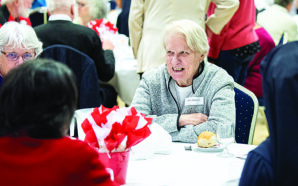On March 13, 2013, even before the new pope appeared on the loggia of St. Peter’s minutes after being elected, the first inkling that his would be a different kind of pontificate, and a stunning inkling at that, was his choice of name: Francis.
He was the first pope to take the name of the beloved medieval saint whose commitment to poverty and to the poor commenced the greatest reform in the long history of the church. We would later learn that the choice of name was inspired by his friend Brazilian Cardinal Claudio Hummes who, once his election became clear, whispered to him, “Don’t forget the poor.” He never did.
One way to understand this pontificate is to view it as a gradual unpacking of the significance of his choosing the name Francis.
When Pope Francis came out onto the loggia a few minutes later, he began with the words, “Fratelli e sorelli, buona sera. Brother and sisters, good evening.” He was introducing himself to his new worldwide flock not as the sovereign pontiff but as a brother, and fraternity would be a theme of his magisterial teachings. The common greeting “buona sera” displayed a common touch, as did his appearance in a simple white cassock. Here was an approachable, quotidian personality, more pastor than prophet, a man who intended to accompany the people of God. And he always did.
A hermeneutical key of this pontificate was the practice of accompaniment, regardless of a person’s ideas or status or, most especially, their sins. He seemed ever conscious of the fact that God is already active in each and every life, often in ways that are opaque to the rest of us.
To continue reading this article, click here.
With thanks to National Catholic Reporter and Michael Sean Winters, where this article originally appeared.




